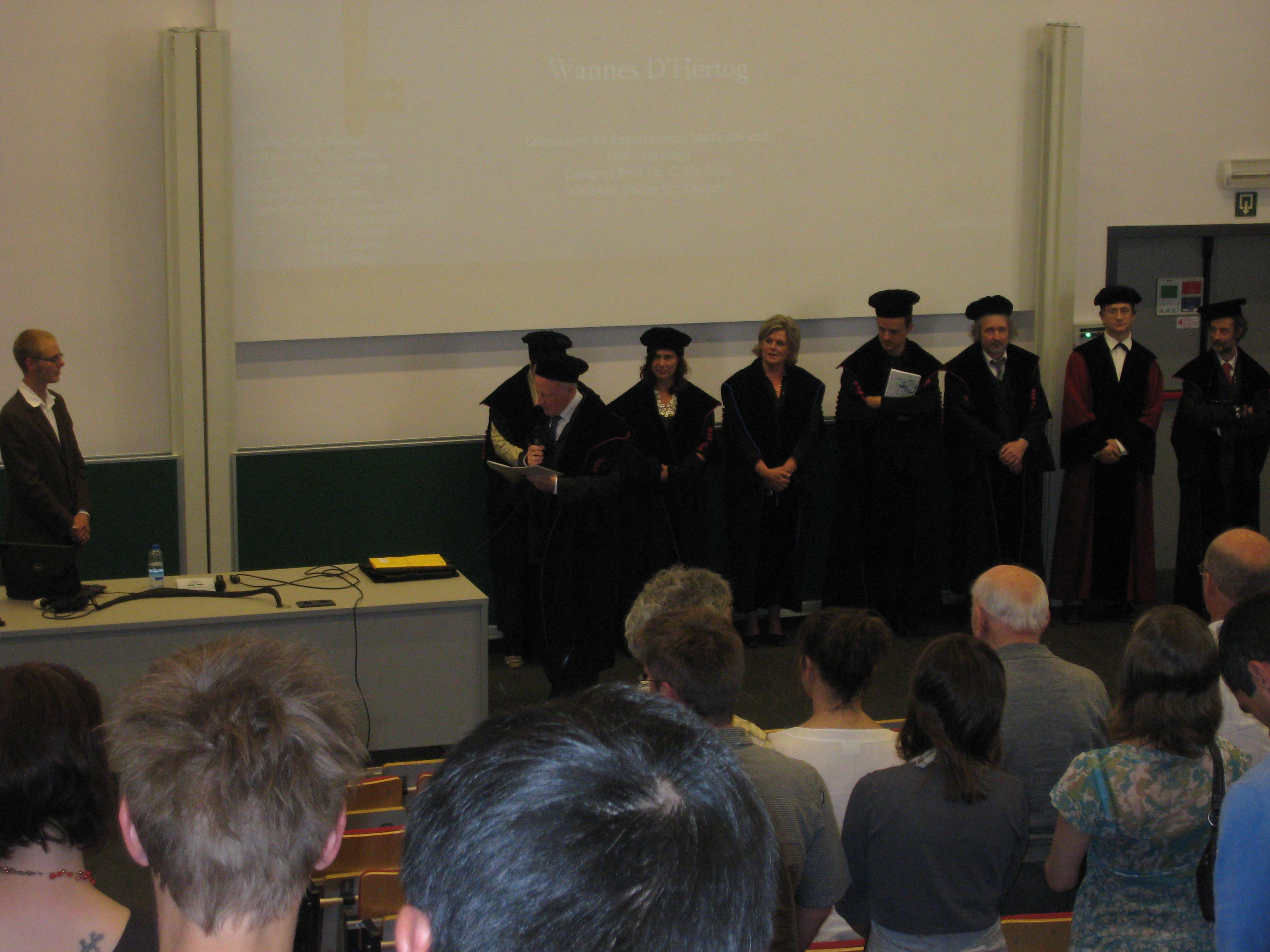
PhD Research Summary - Dr. D'Hertog
Type 1 diabetes is an autoimmune disease in which insulin-producing beta cells are selectively destroyed. In his PhD thesis, “Beta-cell death and survival in models for type 1 diabetes: proteomic analysis,” Dr. Hertog explored how proteins change during beta-cell stress and destruction.
Using two-dimensional difference gel electrophoresis (2D-DIGE), he mapped beta-cell proteins and studied their responses to death-inducing cytokines (IL-1β and IFN-γ) and endoplasmic reticulum stress. His work revealed protective and destructive protein pathways, including roles for the transcription factors STAT-1 and IRF-1 in cytokine-induced beta-cell death. These findings provide new insights into the molecular mechanisms underlying beta-cell vulnerability and may inform future therapeutic strategies for type 1 diabetes.
More information can be found via the link.


